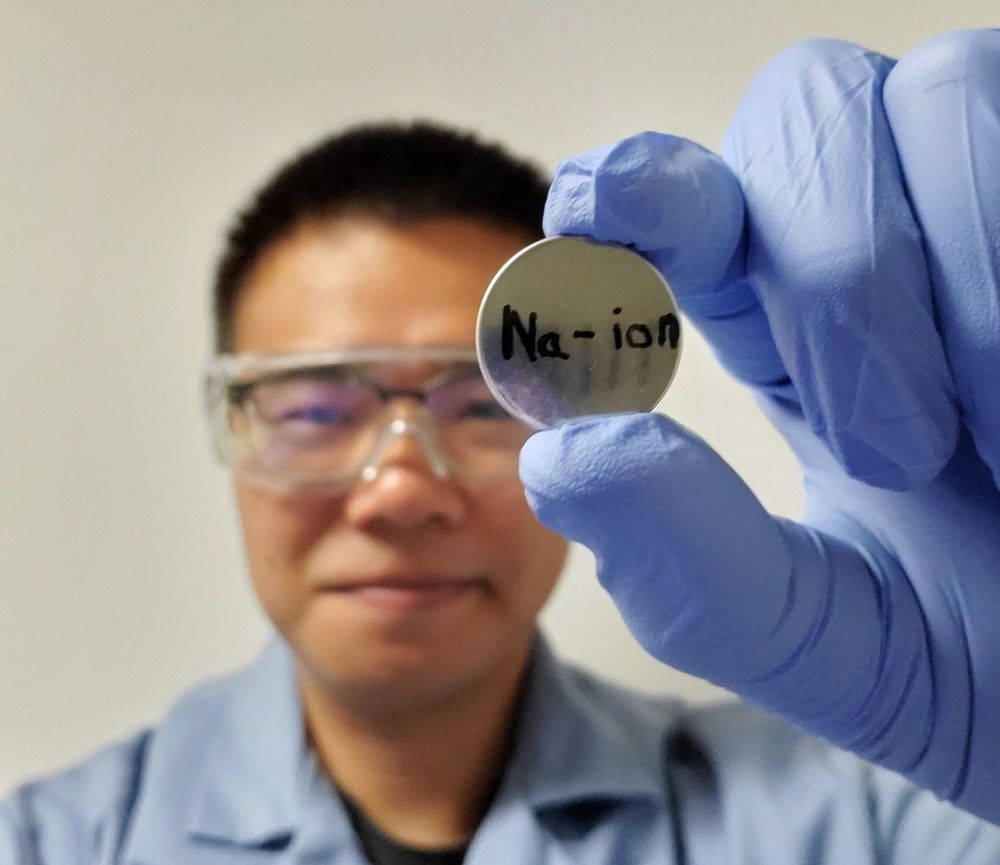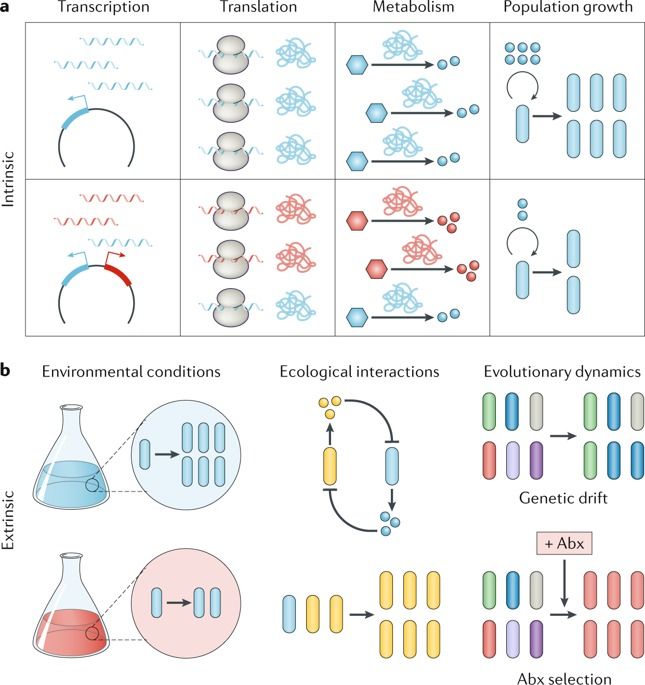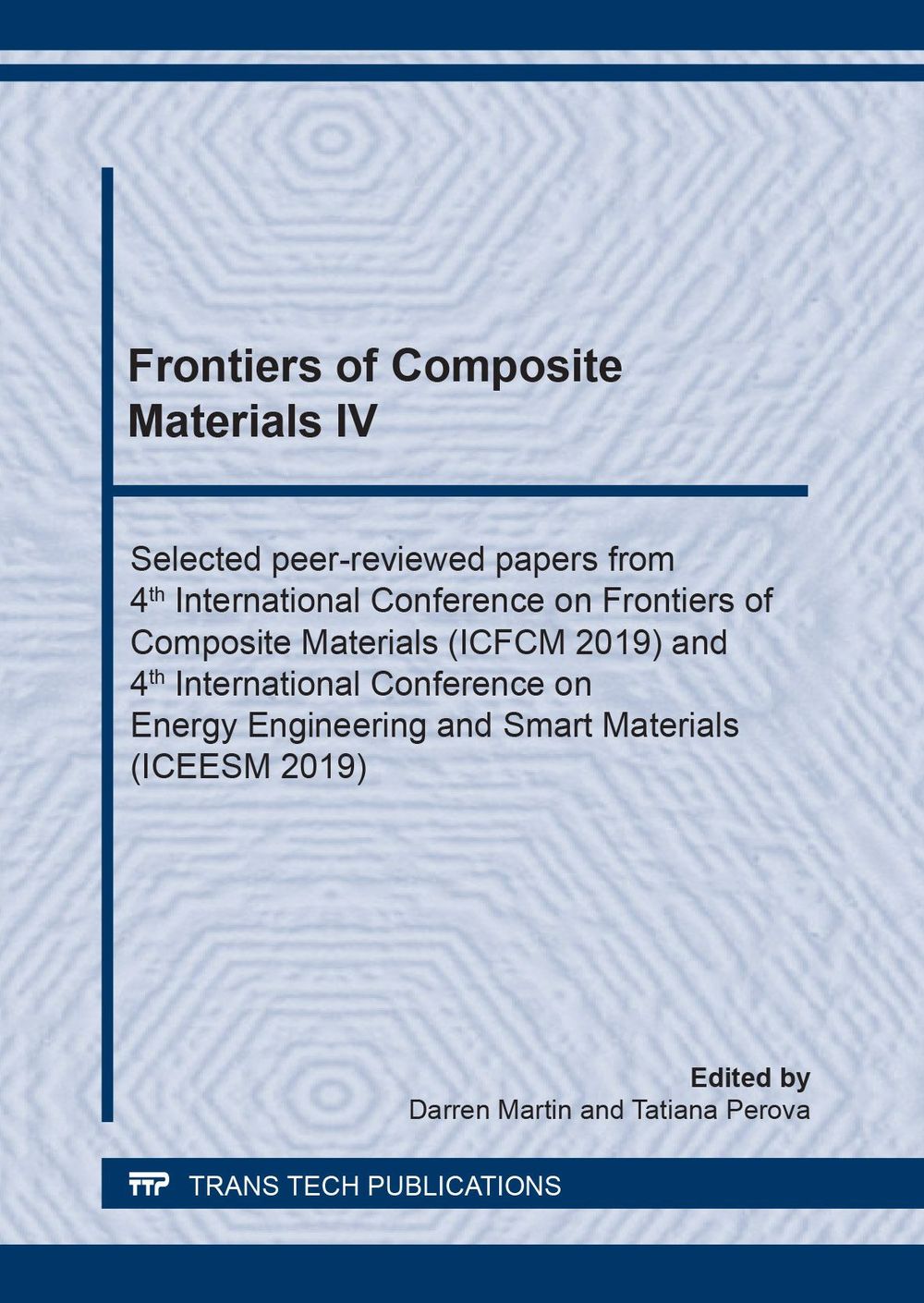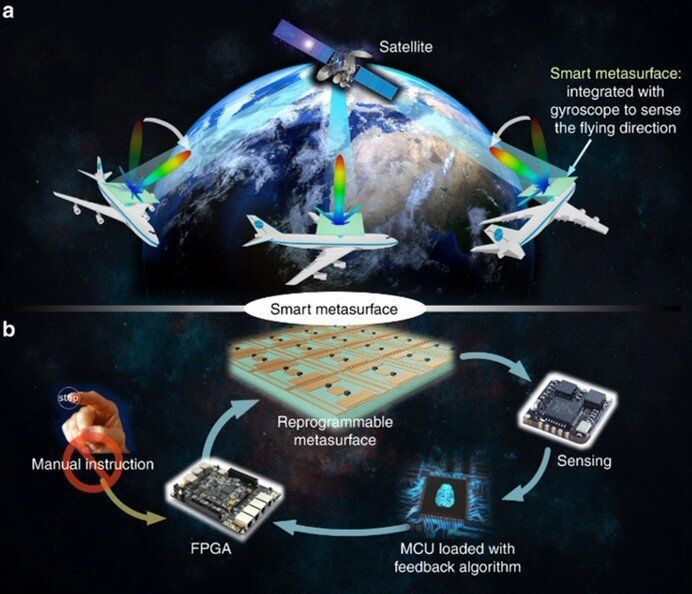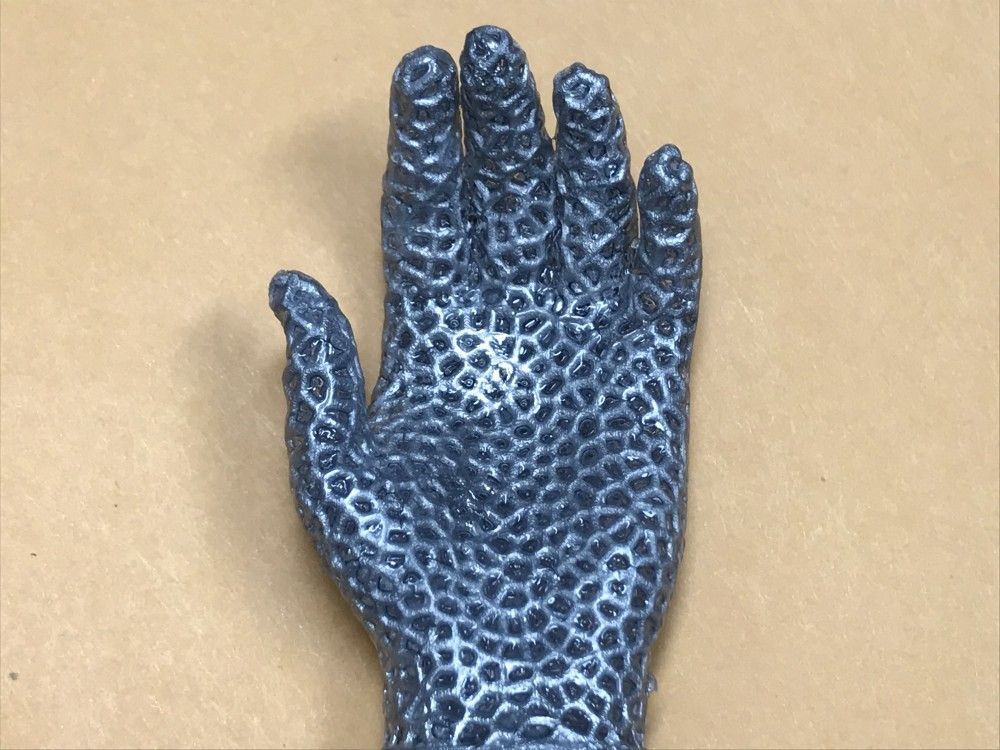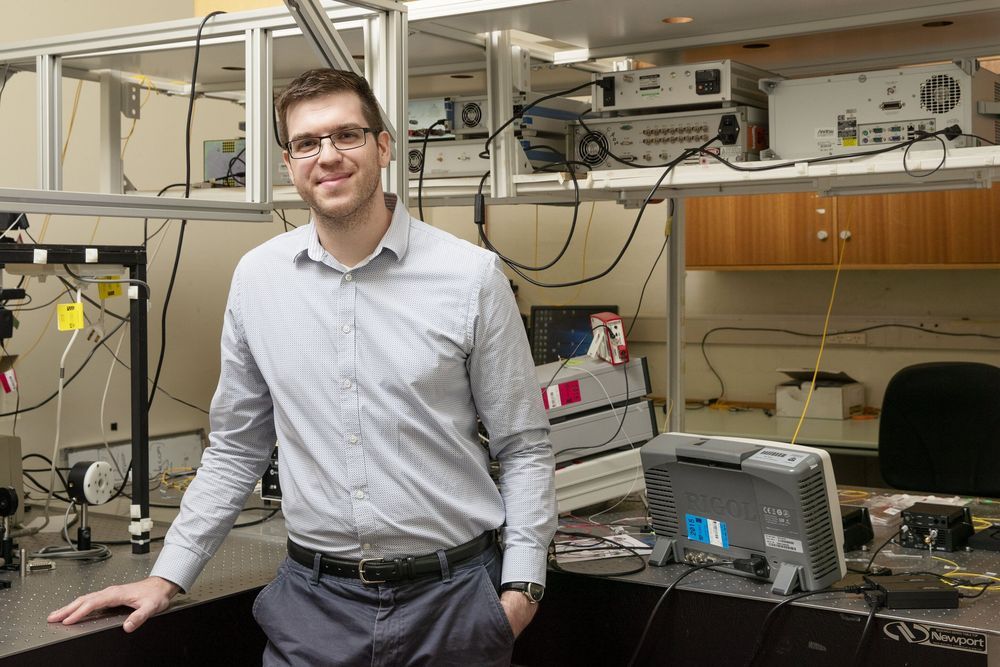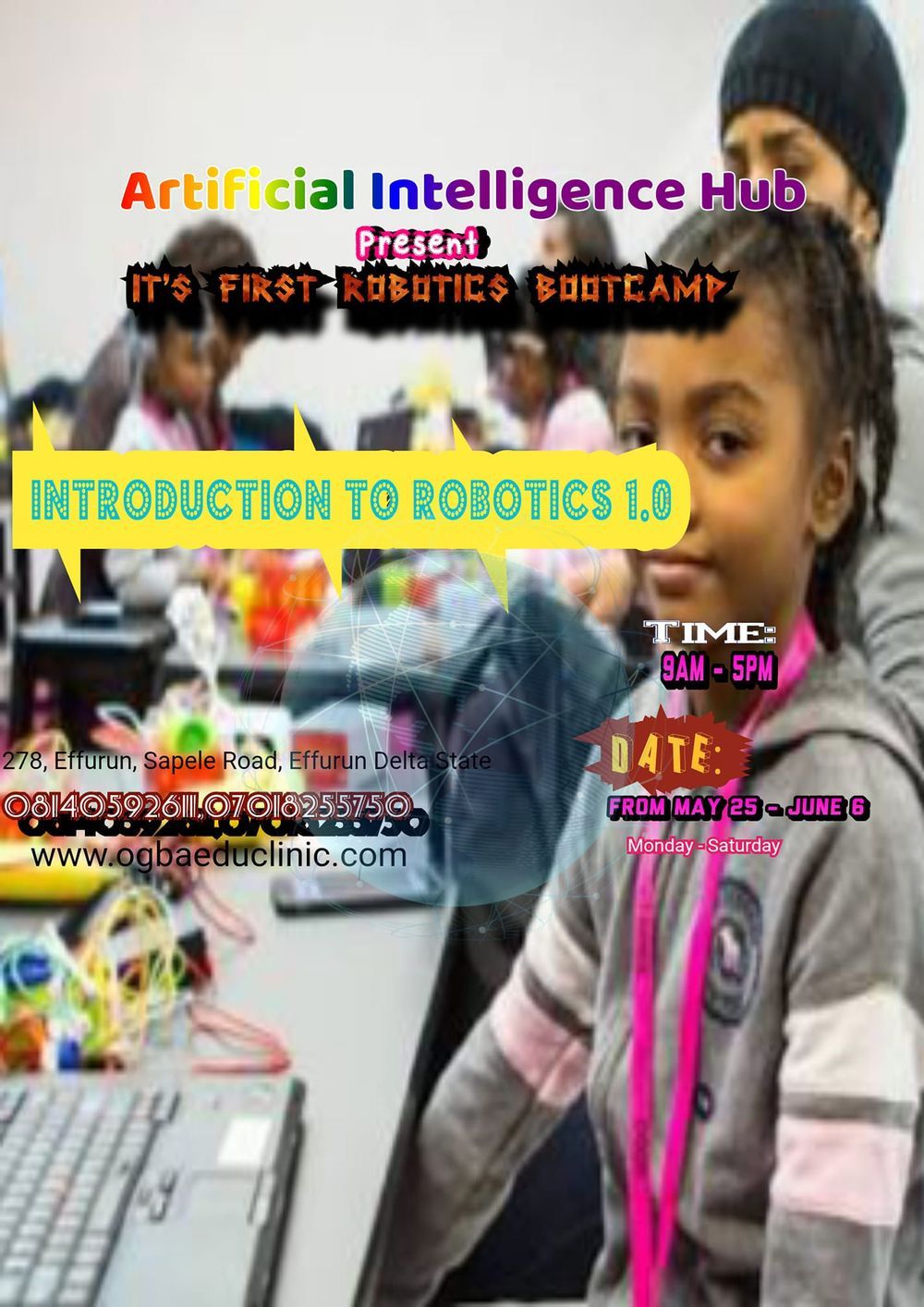Washington State University (WSU) and Pacific Northwest National Laboratory (PNNL) researchers have created a sodium-ion battery that holds as much energy and works as well as some commercial lithium-ion battery chemistries, making for a potentially viable battery technology out of abundant and cheap materials.
The team reports one of the best results to date for a sodium-ion battery. It is able to deliver a capacity similar to some lithium-ion batteries and to recharge successfully, keeping more than 80 percent of its charge after 1,000 cycles. The research, led by Yuehe Lin, professor in WSU’s School of Mechanical and Materials Engineering, and Xiaolin Li, a senior research scientist at PNNL is published in the journal, ACS Energy Letters.
“This is a major development for sodium-ion batteries,” said Dr. Imre Gyuk, director of Energy Storage for the Department of Energy’s Office of Electricity who supported this work at PNNL. “There is great interest around the potential for replacing Li-ion batteries with Na-ion in many applications.”
